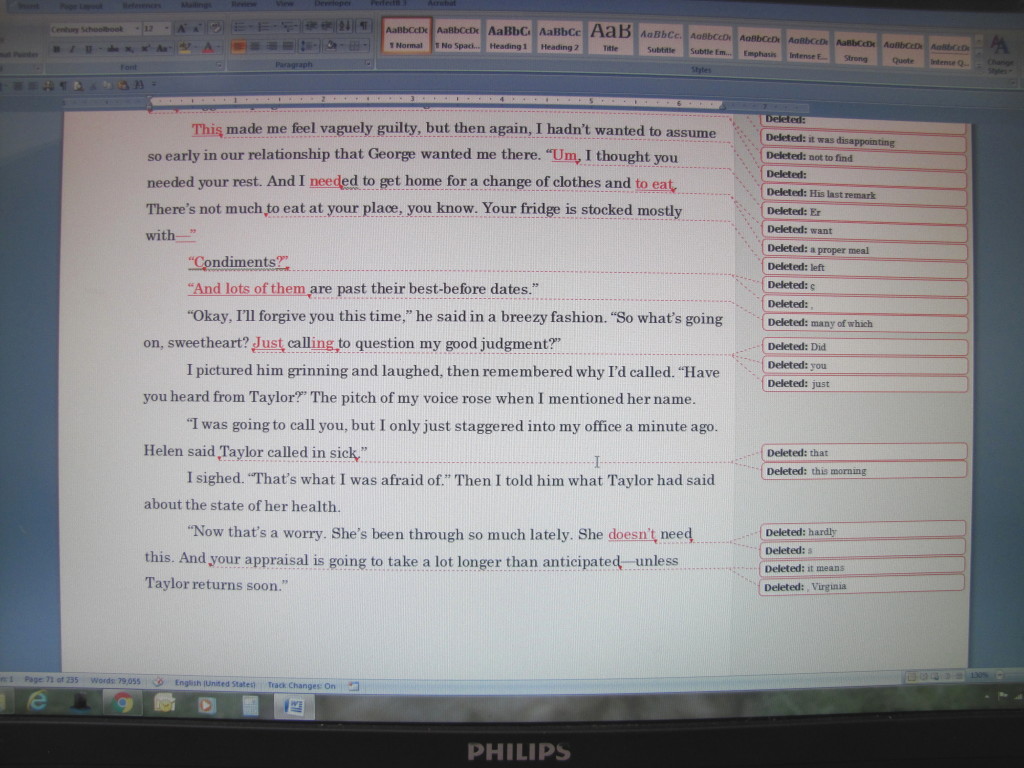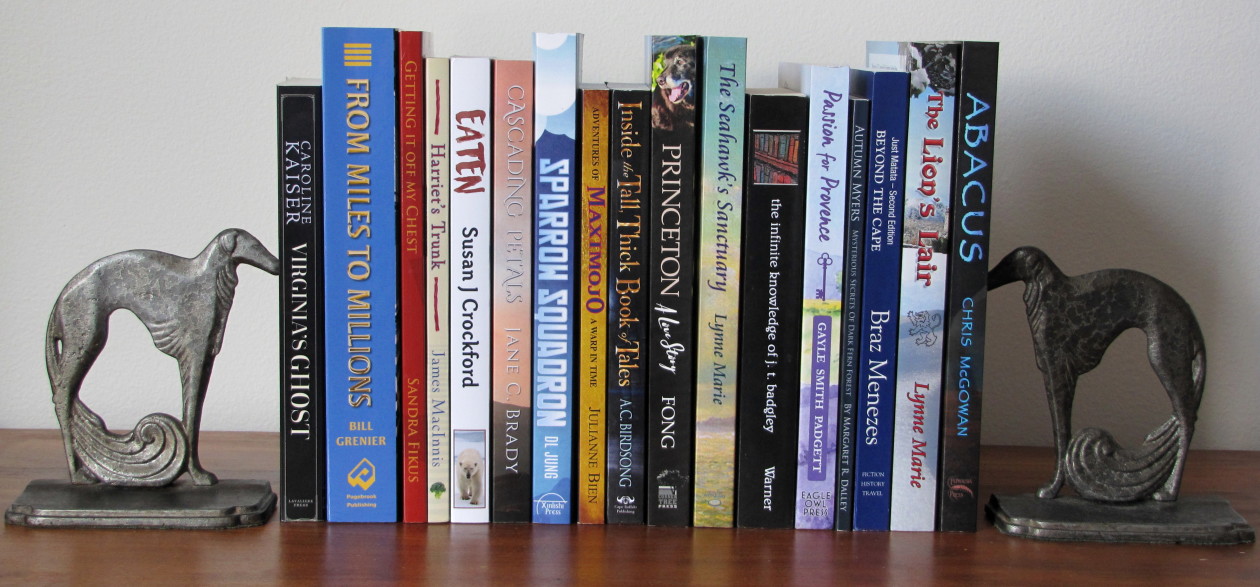Like most editors, I’m willing to do free sample edits for prospective clients who request them. Typically, I’ll edit a thousand words or so–that’s four double-spaced pages. Of course, not all authors request a sample edit before hiring me; they determine from our email exchanges and the content of my website that somehow I’m the editor for them, so the sample edit gets skipped. But is it wise to skip it? I’ll consider this question from the perspective of both the author and the editor.
Many authors who come to me have never been edited before and so are anxious. Being edited is a new and scary adventure to them, and many questions will course through their minds. Will I still recognize my writing after you’re done with it? Will you stomp all over my style, my author’s voice? Are you skilled enough and sufficiently careful to catch even the most minuscule of errors? (Can you even spell “minuscule”?) Will your comments be helpful and insightful, your criticisms gentle and respectful? Ideally, the sample edit will answer all these questions and will reassure the author that the editor is suitable for the project. However, sometimes the author may decide that the editor is doing too much or not enough or is in some other way not right for them and will seek someone who’s a better fit. So the sample edit is often the deciding factor when it comes to which editor to hire.

I’ve realized more and more over my nearly twelve years of freelance editing that the sample edit is every bit as valuable to me as it is to the author. First, it allows me to gauge how many pages per hour of the client’s work I can edit, thus making my cost estimates more accurate. Second, it allows me to ensure that the author is a good fit for me. (Yes, authors audition editors via the sample edit, but we audition authors too.) Point number two hit me like a ton of bricks recently, when I was approached by a woman I’ll call Vivian.
Vivian was a wonderful writer, though her writing still could have used an editor’s touch. After the initial friendly email chit-chat, things went south. Vivian kept saying she hadn’t received my estimate (I sent it four times). When she did get it, she wasn’t happy with my numbers and I had to justify them. She then requested a sample edit, and I sensed I should tread lightly. The bulk of my corrections were grammatical fixes, with some stylistic editing to fine-tune the odd cumbersome sentence. In marginal comments, I explained my reasons for the types of changes suggested. I also strongly advised Vivian not to use lyrics from songs that couldn’t possibly be in the public domain, explaining why this was a bad idea.
Sadly, Vivian responded with irritation. She thought I’d disrespected her writing voice–never my intention–and explained why my grammatical fixes and stylistic tweaks were unacceptable to her. Clearly, she had devised a lot of her own “rules”–more like personal idiosyncrasies, since from what I could see they were unrelated to known editorial style guidelines. We were speaking a different language. Vivian still wanted to work together, but I explained that if she was that upset upon seeing a short sample, she wouldn’t like the rest of the edited manuscript either, and I couldn’t risk having an unhappy client. I also couldn’t play by her rules when I had no way of anticipating what they would be; I’d be unknowingly violating them at every turn. I didn’t see how I could improve upon the edit I’d submitted to her and said I hoped she’d find a more suitable editor.
Vivian asked me to reconsider and returned the sample with her changes to my edits. She’d accepted very few of my suggestions, even the advice about lyrics. That sealed it for me: I knew I couldn’t work with her. I’m a reasonable person who never expects authors to accept all my suggestions, but if they accept next to nothing, then we’re obviously an editorial mismatch. Fortunately, in my experience such an extreme mismatch is rare. But if I hadn’t done the sample edit, I never would have known how incompatible we were until it was too late.

 Follow
Follow